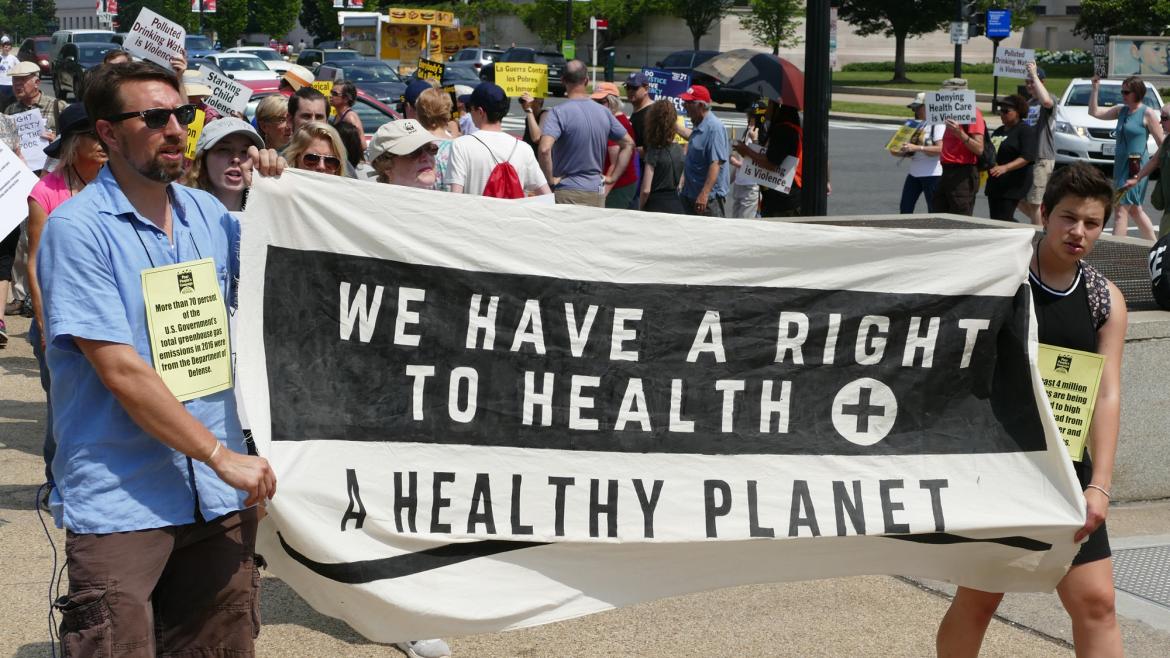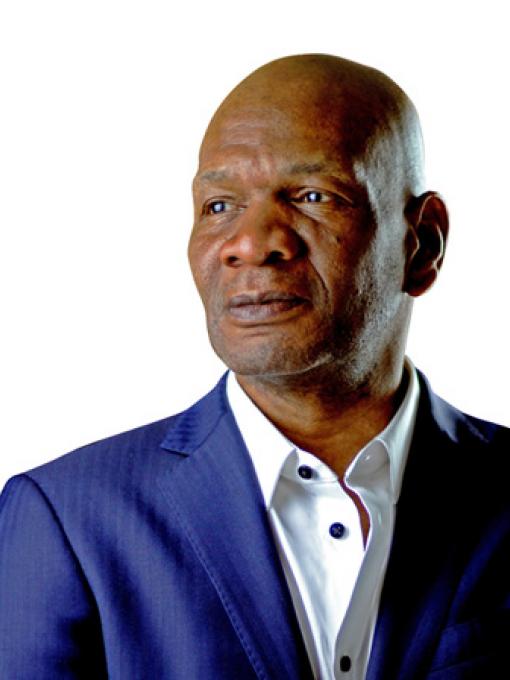Civil rights and social justice leader Bayard Rustin said that “one has to fight for justice for all.” Congress has a moral responsibility to lift the burden of injustice from the shoulders of the communities that have borne the overwhelming burden of pollution in our country.
Right now, lawmakers have a rare opportunity before them: a chance to pass legislation that responds to the climate crisis and addresses the longstanding need to extend justice to communities experiencing environmental racism.
History, Progress, and Challenges
The United States has a long history of advancing policies that entrenched segregation, exacerbated economic inequality, and exposed communities of color to environmental hazards. We’ve seen their impact in communities like Albina in Portland, Oregon, where a highway was built directly through a residential neighborhood. Or in St. James Parish, Louisiana, where poor air quality from nearby industrial facilities has sickened residents. These policy decisions reverberate to this day.
A healthy and safe environment should be a right, not a privilege.
In the past year, the Biden administration established initiatives to address the harm done by past policies. In addition, the bipartisan Infrastructure Innovation and Jobs Act, which became law in November 2021, contained significant funding to remove pollution from the water and soil, take down highways built through minority communities, and expand public transit options.
This is good progress, but much more needs to be done.
What Congress Can Do Now
Today, Congress can move environmental justice policy in the right direction by passing two critical pieces of legislation:
- The Environmental Justice for All Act of 2021: This bill strengthens Title VI of the 1964 Civil Rights Act, which prohibits discrimination based on race in any program that receives federal funding. In addition, it would also require projects permitted under the Clean Water and Clean Air Acts to demonstrate that they will not cause harm to the environment or human health.
- Climate initiatives in the Build Back Better Act: These include funding for air pollution monitoring, grants for green community and workforce development, and tax incentives to expand consumer access to renewable energy.
These policies are vital to advancing justice and spurring economic opportunities for disadvantaged communities. A broad cross-section of stakeholders—including longtime environmental justice activists, faith-based organizations, environmental NGOs, and renewable energy businesses—are all rallying to advance them.
Now is the time to Push for Environmental Justice
A healthy and safe environment should be a right, not a privilege. Congress must meet the moment and seize the opportunity to bring about a more equitable and sustainable society by passing the Environmental Justice for All Act and climate provisions in the Build Back Better Act.


